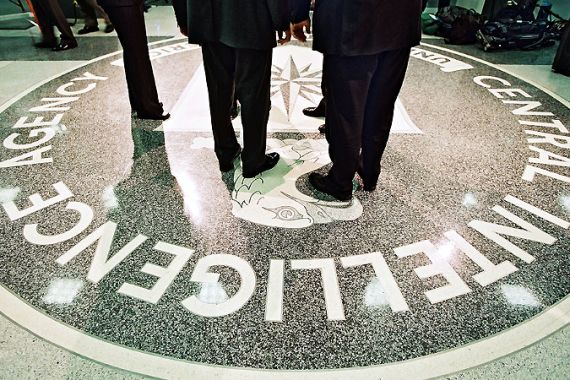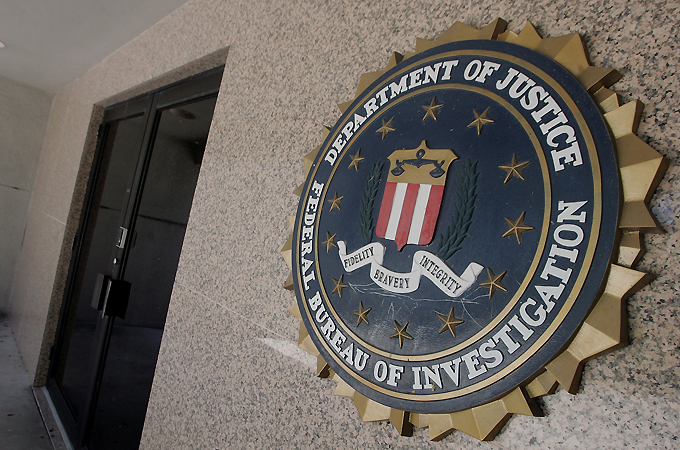Fact file: US intelligence failures
An overview of some of the most infamous and fatal intelligence lapses involving the CIA and FBI in recent years.

 |
| The FBI tends to focus on tangible law enforcement, while the CIA deals with international espionage [GALLO/GETTY] |
When intelligence agencies fail to correctly interpret the information in their disposal, the consequences can be both dramatic and devastating.
Oversights or distortions are often caused when important intelligence is dismissed, or simply never passed on. In the case of the world of US intelligence, the FBI and CIA are renowned for the turf wars that prevent them from sharing what they know.
Turf wars and a vast cultural chasm are commonly seen as contributing to the lack of communication – traditionally, the FBI tends to focus on tangible law enforcement, while the CIA’s mission is grounded in the less black-and-white world of international espionage.
Here are some of the most infamous – and fatal – intelligence lapses involving the CIA and FBI in recent years:
- Both the FBI and CIA were criticised for not acting on warnings from Egyptian authorities that could have prevented the bombing of the World Trade Centre in 1993. Hosni Mubarak, the Egyptian president, told French newspaper Le Figaro in 2001 that Egyptian intelligence warning of the bomb plot had been shared with the CIA, but that the agency had failed to pass the information on to its domestic counterpart. The US state department denies ever having received such information.
- A year before the 1998 bombings of US embassies in Tanzania and Kenya by al-Qaeda, the FBI found a “very disturbing letter” in a joint raid in Nairobi on the home of Osama bin Laden’s former secretary. The letter described the plan to kill Americans and the presence of a local al-Qaeda cell, Frontline reported in 2001, but the FBI had never gotten around to verifying the information. The CIA dismissed a separate tip about the planned bomb attack made to the US embassy in Nairobi.
- Better communication and more imagination could have opened the intelligence community’s eyes about the imminent attacks that were to strike the US on September 11, 2001, the 9/11 Commission report found. The CIA had been tracking individuals attending an al-Qaeda conference in Malaysia but failed to alert other agencies or add them to a watch list when they returned to the US, according to the commission. FBI agents were condemned for having let 9/11 plotter Zacarias Moussaoui, who is now serving a life sentence for his role in the plot, slip through their fingers right before the attacks.
- So-called intelligence information that pointed to the possession of Saddam Hussein’s regime of a stock of “weapons of mass destruction” and purported links to al-Qaeda, cited by the Bush administration to justify the invasion of Iraq, was subsequently found to be baseless. A wide range of critics have since condemned this example of the “politicisation” of intelligence. The resignation of George Tenet, then director of the CIA, in 2004, followed condemnations of the role he played in bolstering the case for the war.
- US authorities alerted Indian officials about possible attacks on Mumbai targets, including the Taj Mahal hotel. But intelligence agencies failed to “connect the dots”. Tips initially came to US law enforcement from two of David Headley’s wives about their husband’s involvement in various terror activities, which turned out to be the early stages of planning the 2008 Mumbai attacks. One wife spoke with FBI officials about her fears as early as 2005, while the second said she was brushed off by US embassy officials in 2007. Reports by ProPublica and The New York Times highlight Headley’s role as an informer for the US Drug Enforcement Administration in Pakistan – prior to beginning his terrorist training in 2001. The articles explain how US officials were unwilling to upset Pakistan, a key ally in the “war on terror,” by investigating allegations into terror links.